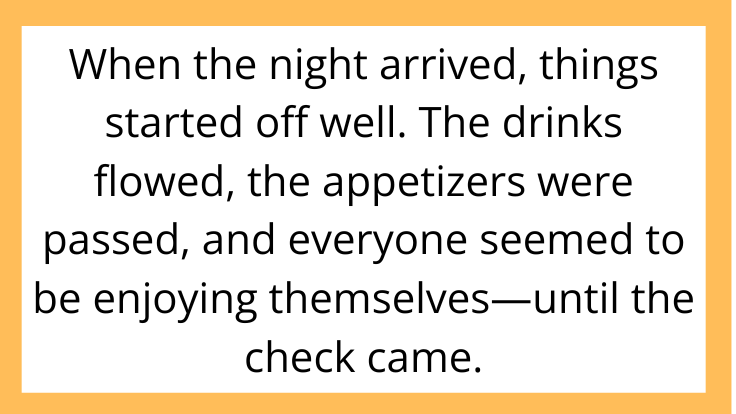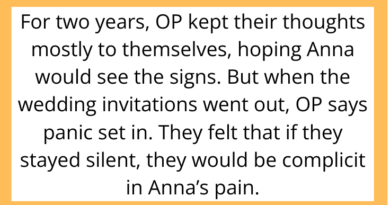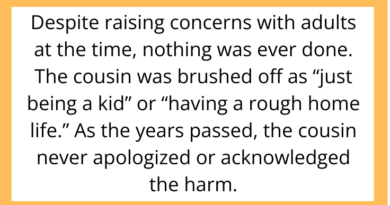AITAH for Not Paying for My Girlfriend’s Friends at Her Birthday Dinner?
Birthdays are meant to be fun, but sometimes the drama starts before the cake is even cut. In this AITAH scenario, a boyfriend thought he was doing the right thing by treating his girlfriend—but didn’t expect to be on the hook for everyone else’s bill too. When generosity meets unrealistic expectations, who really ends up being the bad guy?
Let’s dive in.
The Situation: Dinner Turns Into a Disaster

A 27-year-old man—let’s call him Ray—decided to surprise his girlfriend, Lily, for her 26th birthday. He made a reservation at her favorite upscale restaurant and invited a small group of her close friends to celebrate.
Ray’s intention? To cover the meal for himself and Lily, as a romantic birthday treat.
When the night arrived, things started off well. The drinks flowed, the appetizers were passed, and everyone seemed to be enjoying themselves—until the check came.
That’s when the chaos started.
The Expectation: “You’re Paying for Everyone, Right?”

When the bill hit the table, Lily looked at Ray and smiled, expecting him to handle it. Her friends—five of them in total—seemed equally confident that Ray would foot the entire dinner.
Ray was stunned. The total was close to $900. He hadn’t budgeted for that. He quietly told Lily he could only cover their meals, and maybe a drink or two for others, but couldn’t pay for everyone.
Lily was furious. She called him “cheap,” said he “embarrassed her in front of her friends,” and accused him of “ruining her birthday.”
Ray stood firm. He paid for himself and Lily, and left the rest to sort out their own tabs. The night ended with Lily giving him the silent treatment and leaving with one of her friends.
Ray turned to Reddit’s r/AITAH to ask: Was I really the villain for not paying for everyone at her birthday dinner?
The Debate: Romantic Gesture or Responsibility?
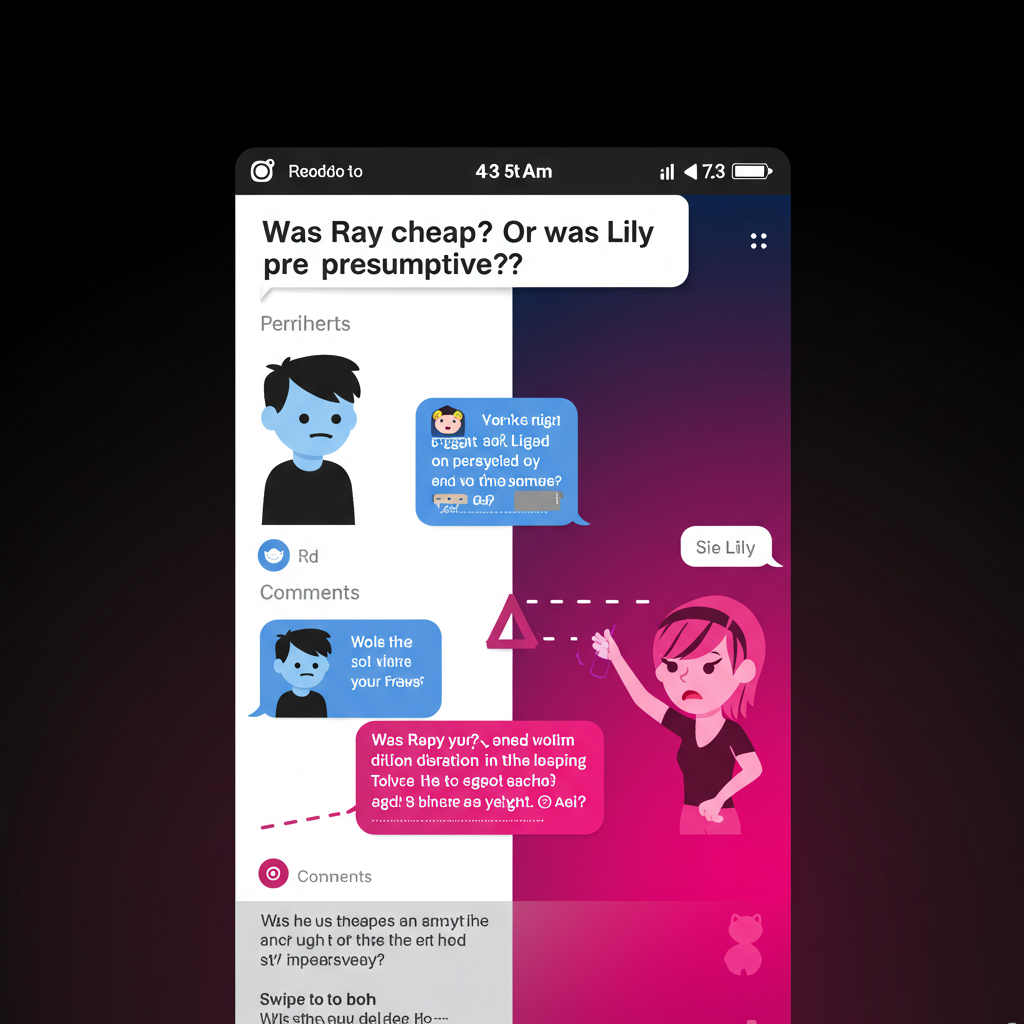
The Case for Ray: Fair Expectations, Clear Intentions
Ray did what many people would consider thoughtful—he treated his girlfriend to a special night out. He even arranged for her friends to be there. Nowhere did he promise to pay for everyone.
His budget had limits, and the idea of casually covering a nearly four-figure dinner for people he barely knows was not something he signed up for.
This situation echoes a familiar truth: generosity is often assumed but rarely discussed. Ray’s intentions were kind, but miscommunication (or no communication) created false expectations.
The Case for Lily: Public Embarrassment and Unspoken Norms
Lily may have seen this night as more than a dinner. In her eyes, it might have been a statement—a moment for her boyfriend to show not just affection, but status and commitment.
In some social circles, when you host a dinner, you’re expected to cover the cost, especially if it’s for a birthday.
From Lily’s perspective, Ray’s refusal wasn’t just financial—it was emotional. She may have felt unsupported, embarrassed in front of her friends, and let down by someone she trusted.
Reddit Responds: Who’s Actually the Villain?
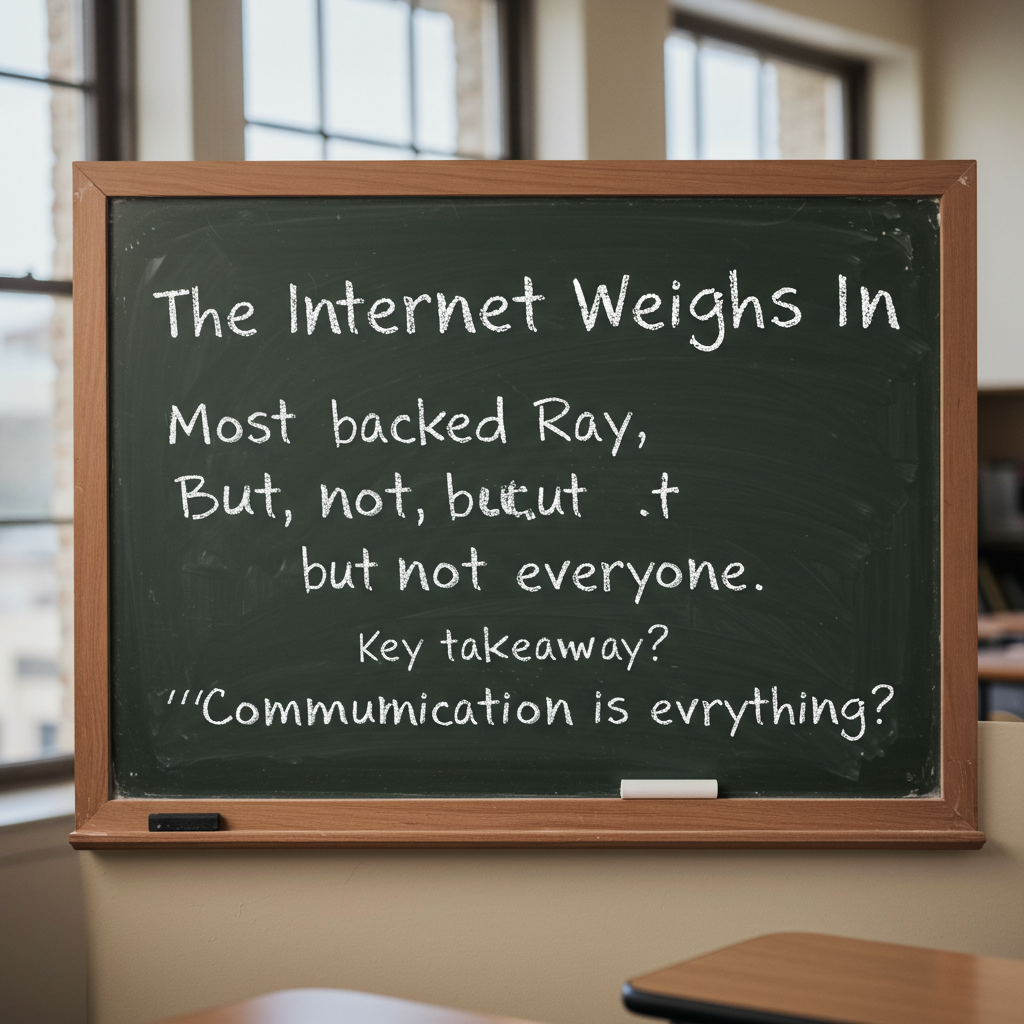
As expected, Reddit had strong opinions—and the top responses leaned in Ray’s favor.
“You’re not a walking wallet,” one user commented. “You invited them to her birthday, not their free ride.”
Another added: “If she wanted someone to pay for her whole party, she should’ve planned it—and discussed it with you.”
But not everyone was Team Ray.
Some commenters noted that if he invited her friends with no indication they’d be paying for themselves, they might have reasonably assumed he was footing the bill.
Others suggested a middle ground: “If you can’t afford to pay, at least let people know ahead of time.”
Communication: The Real Missing Ingredient
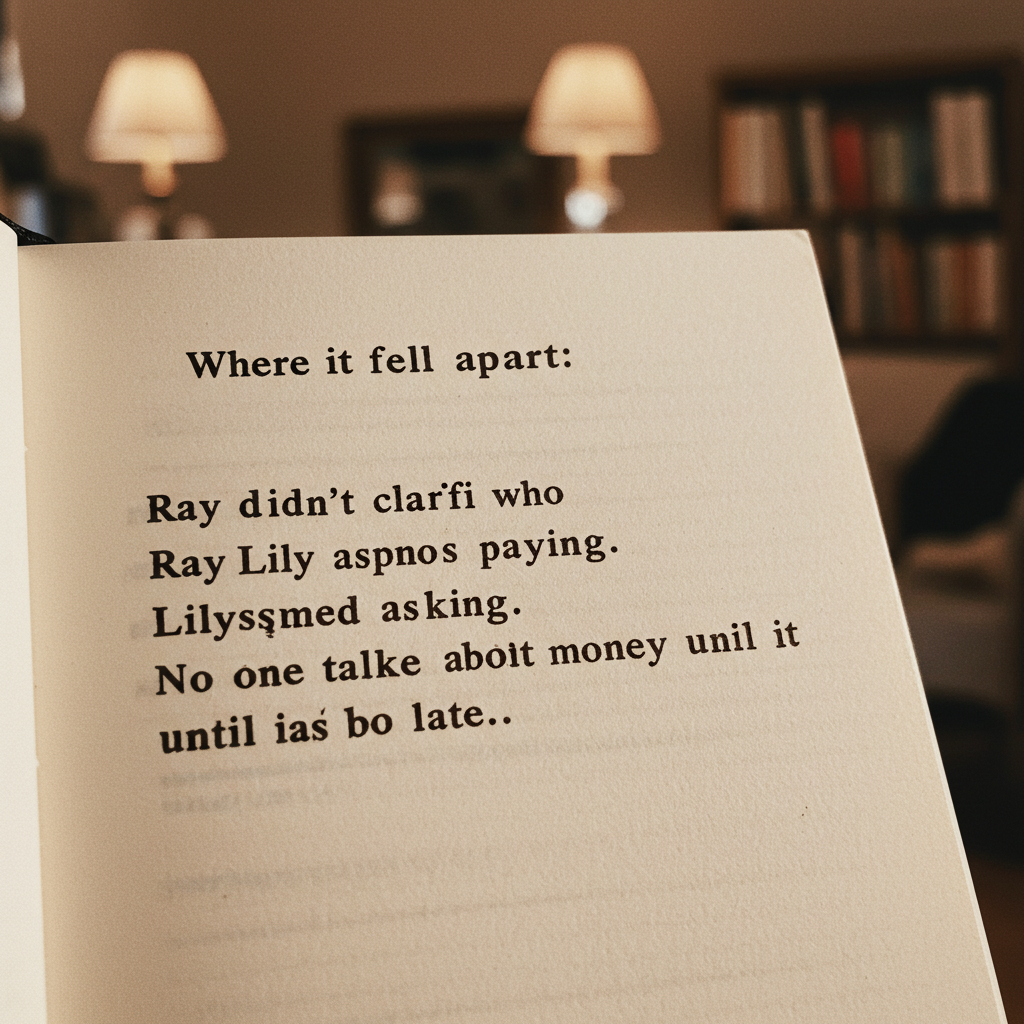
This scenario isn’t just about money—it’s about mismatched expectations.
Ray’s Misstep:
-
He assumed people knew he was only paying for himself and Lily.
-
He didn’t clarify that it wasn’t an open tab situation.
Lily’s Misstep:
-
She assumed without asking.
-
She reacted emotionally in public rather than communicating in private.
This is a classic case of unspoken assumptions turning a nice evening into an ugly argument.
How It Could Have Been Avoided
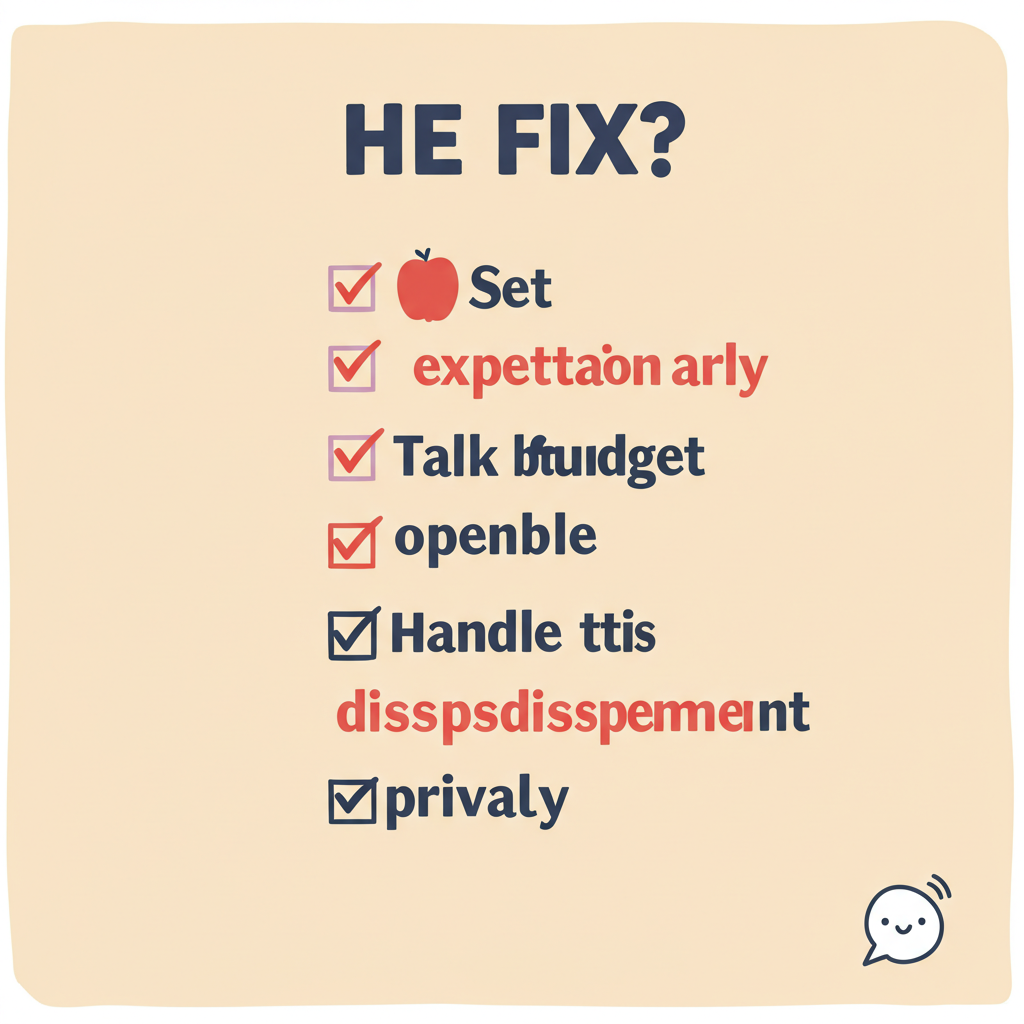
-
Set expectations early: A simple message like “We’ll meet at the restaurant—everyone covers their own meal” could’ve avoided the entire fiasco.
-
Discuss budget boundaries: If Lily had expectations about the night, they should’ve had a clear talk about what Ray could (or couldn’t) afford.
-
Handle conflict privately: Public confrontation usually escalates drama. If Lily was disappointed, discussing it at home might’ve led to a healthier outcome.
Final Thoughts: Is Ray the Villain?
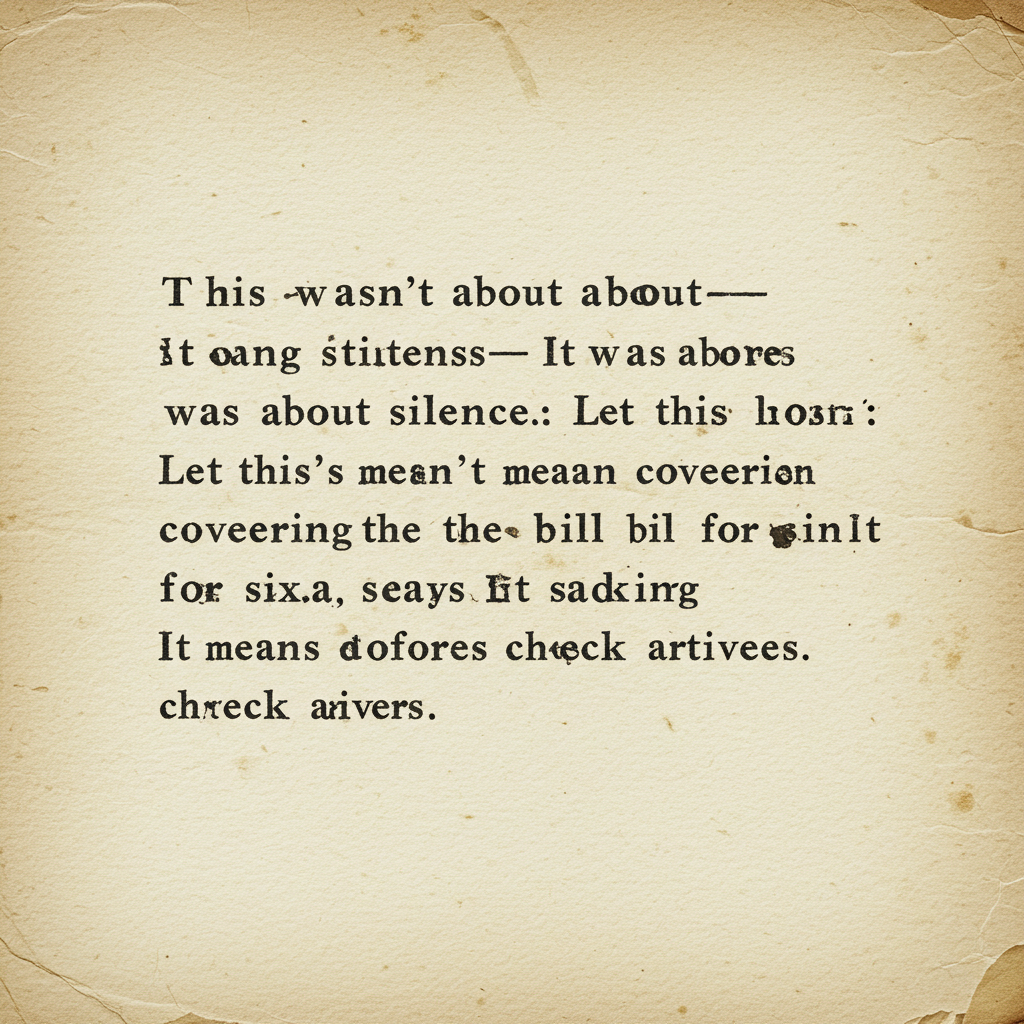
No. Ray isn’t the villain here. Wanting to do something nice for your partner doesn’t mean you’re obligated to treat their entire friend group. This situation is a cautionary tale about why communication, especially around finances, is key in relationships.
Lily may have felt embarrassed—but that embarrassment came from an expectation that was never discussed. If anything, this should be a wake-up call for both partners about how they handle money, communication, and public behavior.
